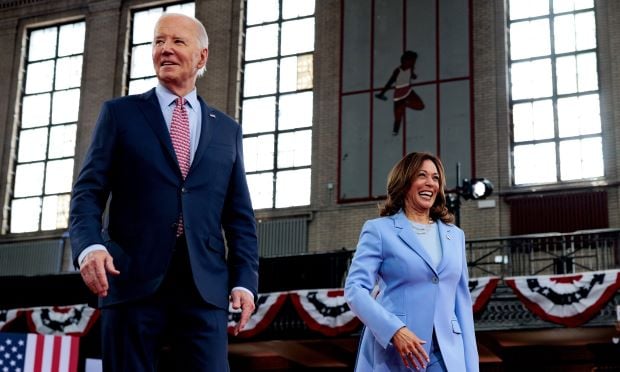President Barack Obama and his allies on Capitol Hill touted the Patient Protection and Affordable Care Act as a remedy to treat the nation's ailing health care system and ever-rising health insurance costs. But as employers, employees and their benefits brokers and agents work through the implementation of PPACA, more side effects appear each day.
There've been reports of rate increases from Ohio and California. There's concern over the levying of excise taxes on so-called Cadillac health care plans. And it seems a person can't go too long without hearing about the progress of her state's insurance exchange. Health care providers, insurance companies and human resources departments across the nation have worked more than a little overtime as the nation hurtles toward the 2014 deadline for full implementation of the controversial law.
But one area of the benefits industry is getting a bit of good medicine from PPACA. Supplemental health insurance — policies people buy in addition to traditional health insurance — managed to escape much of Obamacare's sweeping changes and labyrinthine regulations. A recent study by CSG Actuarial in Omaha, Neb., found that Obamacare leaves supplemental health insurance largely unaffected and will have very little, if any, impact on Medigap plans.
Continue Reading for Free
Register and gain access to:
- Breaking benefits news and analysis, on-site and via our newsletters and custom alerts
- Educational webcasts, white papers, and ebooks from industry thought leaders
- Critical converage of the property casualty insurance and financial advisory markets on our other ALM sites, PropertyCasualty360 and ThinkAdvisor
Already have an account? Sign In Now
© 2024 ALM Global, LLC, All Rights Reserved. Request academic re-use from www.copyright.com. All other uses, submit a request to [email protected]. For more information visit Asset & Logo Licensing.








